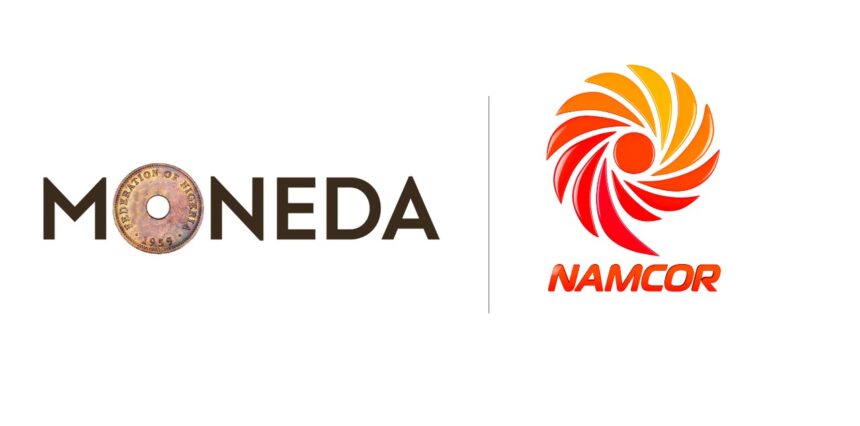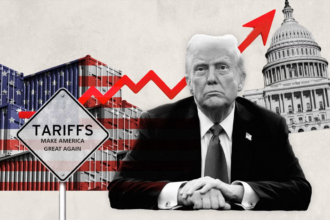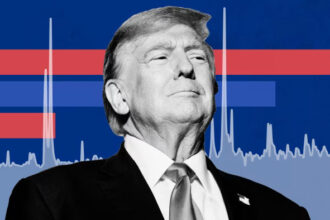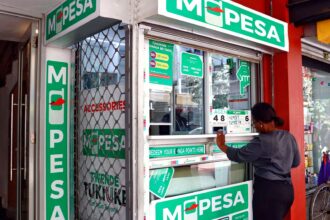On March 14, 2025, at the Moneda Experience in Lekki, Lagos, Moneda Invest Africa and meCash launched a transformative partnership, unveiling the Musa app—a digital platform set to reshape access to credit and payments for Africa’s critical small and medium enterprises (SMEs). With key stakeholders like Ejike Egbuagu (GCEO, Moneda), Modupe Diyaolu (Co-founder & CEO, meCash), Adebusola Adegbuyi (CTO, meCash), and Precious Ehihamen (Acting MD, Moneda Technologies) in attendance, the event spotlighted a bold vision: empowering SMEs in energy, agriculture, and mining to drive economic growth. Here’s how this alliance could redefine Africa’s financial ecosystem in 2025.
A Vision for Inclusion and Impact
Moneda, a decade-old firm specializing in alternative credit for natural resource value chains, teamed up with meCash, a cross-border payments platform, to tackle a persistent pain point: SME financing. “What will truly change the quality of our lives is ensuring businesses get access to credit,” Egbuagu said, framing Musa as a tool to transform industries and livelihoods. Targeting SMEs executing contracts in energy, agriculture, and minerals—think suppliers or operators—the partnership offers collateral-free credit, a rarity in Africa’s risk-averse lending landscape.
For meCash, it’s about more than payments. “SMEs are the bedrock of any economy,” Diyaolu emphasized, underscoring their commitment to financial inclusion and secure, efficient transactions. With Moneda’s sector expertise and meCash’s global payment infrastructure, Musa aims to unlock $250 million in credit via Moneda Capital’s Mauritius-based fund, per their 2024 license milestone.
Tackling SME Financing Head-On
Africa’s SMEs face daunting hurdles: high default rates, regulatory mazes, and a $331 billion funding gap (World Bank, 2024). Traditional banks demand collateral many can’t provide, while fintechs often focus on consumer loans, leaving critical SMEs underserved. Musa bridges this gap with a structured, risk-managed model. “Compliance is the bedrock of financial services,” Diyaolu noted, highlighting meCash’s role in ensuring regulatory adherence and efficient fund flows across borders—key for SMEs in Nigeria, Ghana, or Rwanda.
Unlike consumer-focused fintechs like M-PESA (91% share, per CA Kenya), Musa targets B2B rigor. It assesses contracts, not just credit scores, offering tailored financing for real-world needs—e.g., a Namibian mining SME scaling operations or a Nigerian agribusiness restocking supplies. X posts from @TechCabal praised this “structured credit” pivot, though @FinTechAfrica questioned default risks sans collateral.
Musa App: Transparency Meets Technology
The star of the Moneda Experience was Musa’s demo, led by Ehihamen. The app lets SMEs input contract details—supplies, funding needs, risks—and get instant credit assessments. A real-time dashboard tracks transactions, ensuring transparency for all parties. “We’re sharing the risk with SMEs,” Ehihamen said, noting how Musa eliminates lengthy approvals and collateral demands. Imagine a Kenyan supplier logging a $10,000 energy contract and securing funds in hours, not weeks—that’s the promise.
Built on Moneda’s SME expertise and meCash’s payment rails, Musa connects African businesses to global capital. Suppliers, manufacturers, and service providers meet on a platform that’s both financier and monitor, reducing friction in cross-border deals. Early adopters at Africa Energy Week (November 2024) hailed its speed, per Techpoint Africa.
Fireside Insights: Sustainability in Focus
A fireside chat with Egbuagu, Diyaolu, and Nairametrics’ Ugodre Obichukwu capped the event, diving into SME financing bottlenecks—high interest (20–50% locally, CSIS 2021) and slow disbursements—and Musa’s fixes. Sustainable repayment was key: Musa’s risk-sharing and contract-based model aims to cut defaults, though specifics (e.g., rates, terms) remain under wraps. “We’re not just financing businesses—we’re building infrastructure,” Egbuagu stressed, eyeing a pan-African rollout.
Why It Matters—and What’s Next
This partnership arrives as Africa’s private capital exits lag (31 in Q3 2024 vs. 82 in 2022, per Baobab’s exit data), yet SME demand soars. Moneda and meCash could unlock billions for natural resource SMEs, echoing Baobab Nigeria’s 43.5x loan book growth. But challenges loom: tariff uncertainty under Trump’s second term (March sentiment: 57.9, U. Michigan) and regulatory flux could test cross-border scaling. X’s @Nairametrics sees “huge potential” if app adoption sticks.
Will Musa redefine SME credit by Q3 2025? Pilots in Nigeria and beyond—backed by Moneda’s $200 million credit track record—start now. Watch Moneda’s July update for early wins. For now, it’s a lifeline for Africa’s economic backbone, one contract at a time.














